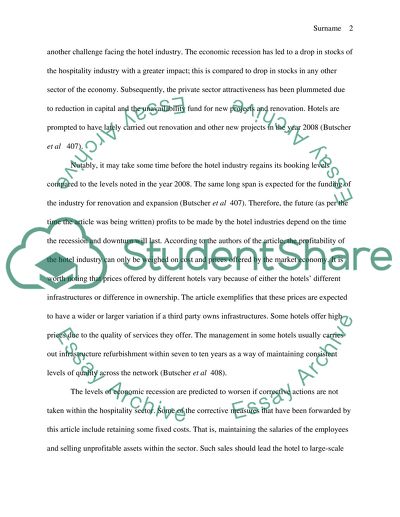Cite this document
(“Managing Hotels in the Downturn: Smart Revenue Growth through Pricing Essay”, n.d.)
Managing Hotels in the Downturn: Smart Revenue Growth through Pricing Essay. Retrieved from https://studentshare.org/marketing/1440157-article
Managing Hotels in the Downturn: Smart Revenue Growth through Pricing Essay. Retrieved from https://studentshare.org/marketing/1440157-article
(Managing Hotels in the Downturn: Smart Revenue Growth through Pricing Essay)
Managing Hotels in the Downturn: Smart Revenue Growth through Pricing Essay. https://studentshare.org/marketing/1440157-article.
Managing Hotels in the Downturn: Smart Revenue Growth through Pricing Essay. https://studentshare.org/marketing/1440157-article.
“Managing Hotels in the Downturn: Smart Revenue Growth through Pricing Essay”, n.d. https://studentshare.org/marketing/1440157-article.


